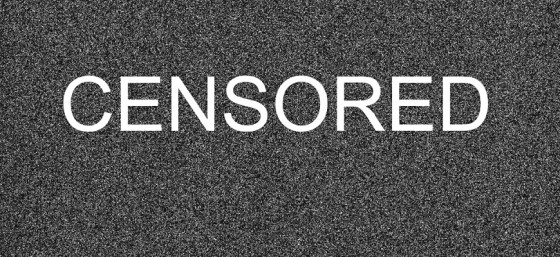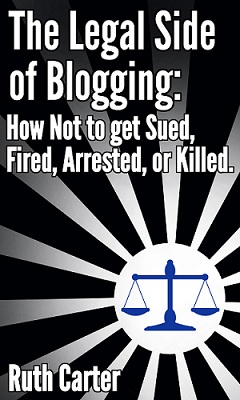
For those of you who don’t know, The Dirty is a website where a person can post “dirt” about another person. It’s a website where you can post celebrity sightings, make fun of people, and call out somebody for cheating on you, etc. The purpose of the site, from what I can tell, is to provide people a forum to post truthful stories and others can read and post comments about them.
As a social media attorney, I regularly get calls and emails from people who claim there is a false post about them on The Dirty or a similar site and they want me to get it removed. Many of these people don’t want to get the police involved, file a lawsuit, or pay a lot of money to make this happen. I think a lot of them hope that a letter from a lawyer would be sufficient to get a post removed. Sometimes that works, but sometimes that is not the case – especially when it comes to The Dirty.
The people who run The Dirty and their attorney understand the First Amendment. They tell their users only to post truthful information, but for the most part, they can’t tell when someone is telling the truth or not in a post. If the poster says what they wrote is true and the person they wrote about says it’s not, how would the people who run the website know who is telling the truth? The Dirty gets thousands of requests from people claiming that a post on the site contains lies about them. With few exceptions, they won’t remove a post simply because you asked them to.
I’ve never met The Dirty’s attorney in person, but we’ve exchanged several emails. My conversations with him tell me that he is a kind and thoughtful man and also a very good attorney. He won’t tell his client to remove a post just because a person is upset that a story about them is on the site or because he gets a demand letter from that person’s attorney; however, he will comply with court orders to remove material, which usually requires some type of injunction or prevailing in a defamation, invasion of privacy, or similar lawsuit. The Dirty also appears to have respectful policies related to revenge porn and false posts about an individual having an STD.
When I meet with someone when I meet with someone who claims to be the victim of defamation and/or invasion of privacy on one of these sites, I often have to inform them that the law doesn’t care about what they believe or even what they know; the law cares about what you can prove. When it’s a case of he said versus she said, there is often not much I can do. Yes, my client could sue for defamation; however, if the other party doesn’t have any money, it’s usually not worth pursuing.
If my client feels like they are the victim of cyberharassment or revenge porn, I refer them to the police. Cyberharassment and revenge porn are crimes and there is a lot more information that law enforcement can get from a website related to a criminal case than a lawyer can get access to during a civil lawsuit.
If you feel like your rights have been violated in an internet post, please contact a social media attorney in your community for assistance. If you want additional information about defamation, privacy, and the internet, please check out my book, The Legal Side of Blogging: How Not to get Sued, Fired, Arrested, or Killed. You can always send me an email if you ever have questions, and please stay connected with me on Twitter, LinkedIn, Facebook, and YouTube.









